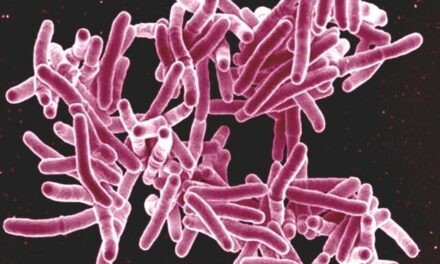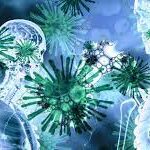Measure your blood pressure accurately, control it, and live longer!
World Hypertension Day is observed every May 17th in order to raise awareness and promote hypertension prevention, detection and control (deferred to October 17, 2020, due to COVID-19 pandemic). High blood pressure is the main risk factor to develop cardiovascular disease.
More than one billion people around the world live with hypertension (high blood pressure), which is a major cause of cardiovascular disease and premature death worldwide. The burden of hypertension is felt disproportionately in low- and middle-income countries, where two thirds of cases are found, largely due to increased risk factors in those populations in recent decades. What’s more, around half of people living with hypertension are unaware of their condition, putting them at risk of avoidable medical complications and death.
To achieve the global target to reduce the prevalence of hypertension by 25% by 2025, WHO and the United States Centers for Disease Control and Prevention launched the Global Hearts Initiative in 2016. With its five technical packages – HEARTS (manage cardiovascular diseases), MPOWER (control tobacco), Active (increase physical activity), SHAKE (reduce salt consumption) and REPLACE (eliminate trans fat) – the Initiative aims to improve heart health worldwide. The HEARTS technical package itself gives guidance on more effectively detecting and treating people with hypertension in primary health care.
Systolic pressure between 120 and 139 mm Hg or diastolic pressure between 80 and 89 mmHg is considered prehypertension, which also increases the risk of heart attack and stroke. Without lifestyle changes, prehypertension is likely to develop into high blood pressure. Blood pressure of 140/90 mmHg or higher is considered high blood pressure.
Eating less salt can lower blood pressure. However, most dietary salt comes from consumption of processed foods rather than salt added at the table to home-cooked foods.
Lifestyle changes can prevent high blood pressure. Quitting smoking, avoiding harmful use of alcohol, getting more exercise, and eating less processed food can help prevent high blood pressure. However, for people who develop high blood pressure, medication is generally needed to control it.
The most effective prevention measures are in the realm of public policy. These include urban planning and transportation measures that encourage physical activity and persuading the food industry to reduce salt in industrially processed foods.
Knowing your numbers is the first step to lowering your chances of hypertension and cardiovascular disease.
Everyone should get their blood pressure checked regularly. If it is 140/90 mmHg or higher, talk to your healthcare provider about treatment. If you are prescribed medication, be sure to take it faithfully and as directed.

Measuring your blood pressure accurate is crucial to know if you have high blood pressure [systolic blood pressure ≥ 140 mmHg (high number) and/or diastolic blood pressure ≥ 90 mmHg (low number)].
➔ Providers are encouraged to use an automated blood pressure measurement device clinically validated to obtain accurate blood pressure readings.
➔ High blood pressure or hypertension is a silent killer because in its early stages, it rarely causes symptoms, and many people go undiagnosed.
➔ If you haven’t gotten your blood pressure measured in one year or less, visit a primary health care facility in your community to obtain an accurate blood pressure reading.
➔ If you have hypertension, you should seek advice from a health professional.
➔ Diagnosing and treating high blood pressure (hypertension) timely can reduce the risk of heart attacks, stroke, and kidney failure, among other health problems.
➔ When blood pressure is high, the heart has to pump harder, increasing the risk of damage to the heart and blood vessels in some organs such as the brain, kidneys, and eyes, among others.
➔ Uncontrolled high blood pressure can lead to disability, a reduced or poor quality of life, or even a deadly heart attack or stroke.
➔ Pharmacological treatment is always needed to control high blood pressure; additionally, lifestyle changes such as eating a healthy diet, being physically activity, quitting tobacco products and alcohol, may reduce life-threatening complications.

CARDIOVASCULAR RISK CALCULATOR
➔ As blood pressure increases, so do cardiovascular risk. Therefore, all patients with hypertension should get their cardiovascular risk estimated and learn how to modify it.
➔ Use the Cardiovascular Risk Calculator of the HEARTS App to assess your cardiovascular risk.
➔ This App does not replace clinical judgment.
➔ Always seek advice from a health professional if your blood pressure is high (> 140/90 mmHg for people without known cardiovascular disease or diabetes).













